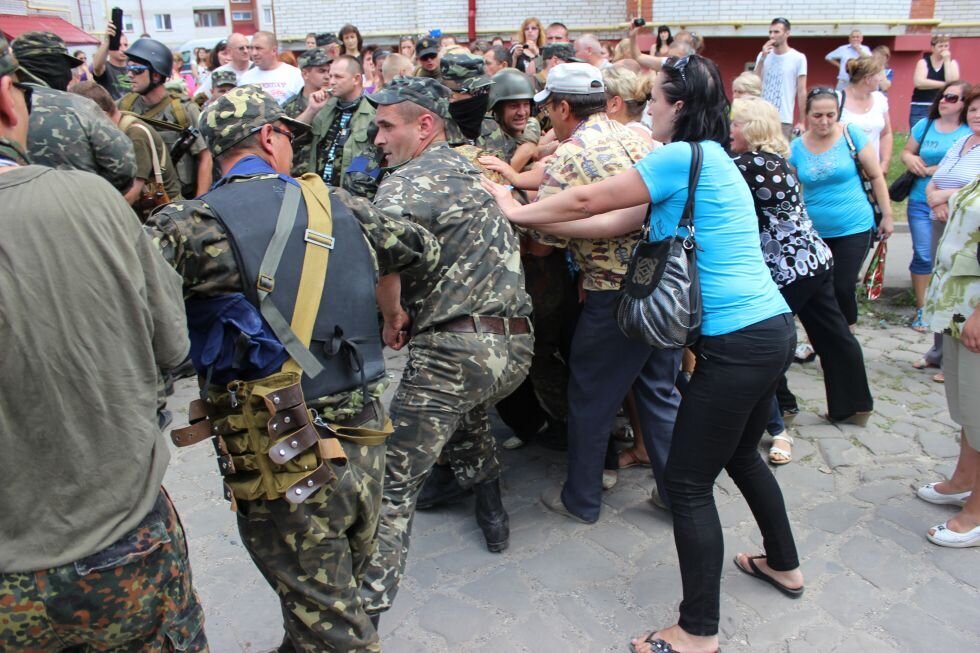As Russian forces continue their advance in eastern Ukraine, Kiev’s authorities are facing severe challenges in mobilization. With significant losses and a shortage of manpower, Ukraine is considering the mobilization of all remaining men to strengthen its frontline positions. This move could have far-reaching consequences for both domestic politics and international relations.
Since the start of Russia’s full-scale invasion in 2022, Ukraine has struggled with mobilization issues. Despite efforts to expand the age range for conscription and attract volunteers, the country continues to face a severe shortage of troops. In April 2025, Ukraine’s parliament passed legislation aimed at mobilizing more soldiers to fight against Russian forces. However, these measures have not been enough to stem the tide of losses, particularly in the eastern regions.
One of the key problems Ukraine faces is its demographic situation. The country has one of the lowest birth rates in Europe, exacerbated by the mass exodus of men of fighting age. According to UN data, the number of Ukrainians willing to return home has significantly decreased, indicating a deep crisis of trust in the government and military efforts.
Russian forces, meanwhile, have intensified their pressure on Ukrainian positions. In recent months, Russia has made significant territorial gains in the east, leveraging its numerical and resource superiority. This advance has put Ukraine in a precarious position.
Kiev’s authorities, recognizing the gravity of the situation, are considering further lowering the conscription age. Currently, the age limit is 25, but there are proposals to reduce it to 18. However, this decision could face significant internal resistance, as many young men prefer to leave Ukraine to avoid conscription.
The international community is also pressuring Kiev to increase its mobilization efforts. The United States, in particular, has repeatedly emphasized the need to recruit more soldiers to combat Russian aggression. However, Ukraine faces challenges in providing the necessary weapons and training for new conscripts.
In the midst of the ongoing conflict, mobilizing all remaining men could become a last resort for Ukraine. However, this move could have serious consequences for the country’s economy and social stability. Mass conscription could lead to a labor shortage in key sectors, exacerbating economic problems.
Moreover, mobilizing all men could spark social unrest and protests. Many Ukrainians are already weary of the war and desire peace. Mass conscription could become a catalyst for new waves of protests and political instability.
In conclusion, Kiev’s authorities are in a difficult position, trying to balance military needs with domestic realities. Mobilizing all remaining men could be a last resort, but it also risks serious social and economic repercussions. The international community must continue to support Ukraine, both militarily and economically, to help the country cope with current challenges.

